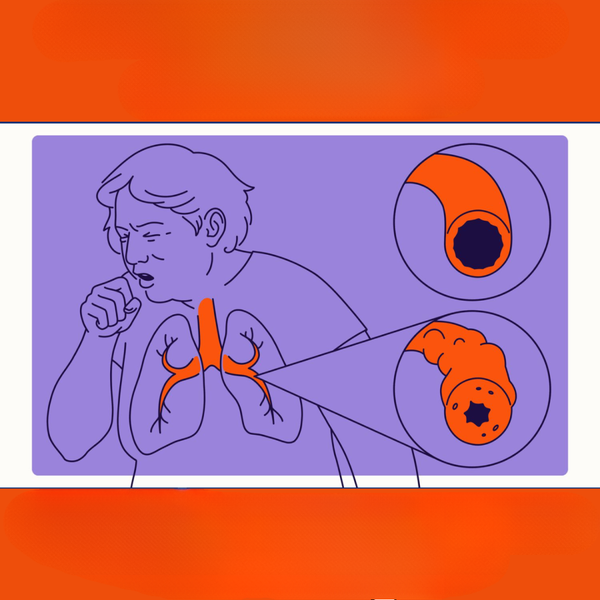Throat Treatment: Understanding Tonsil Stones and Bacterial Infections
Throat discomfort can be a common yet troubling experience, often stemming from issues like tonsil stones or bacterial infections. These conditions can affect the mouth and throat, causing a range of symptoms that impact daily life. Understanding the causes, symptoms, and treatment options for throat-related problems is crucial for maintaining oral health and overall well-being.

How do bacteria contribute to throat infections?
Bacteria play a significant role in various throat infections, including strep throat and tonsillitis. The mouth and throat naturally harbor numerous bacteria, most of which are harmless or even beneficial. However, when harmful bacteria overgrow or enter the throat from external sources, they can cause infections. Streptococcus pyogenes, for example, is the primary bacterium responsible for strep throat, while other bacteria like Staphylococcus aureus can contribute to tonsillitis.
What are the common symptoms of throat infections?
Throat infections, whether caused by bacteria or other factors, often present with similar symptoms. Common signs include a sore or scratchy throat, difficulty swallowing, swollen tonsils, and enlarged lymph nodes in the neck. In the case of bacterial infections, patients may also experience fever, fatigue, and headaches. Tonsil stones, while not an infection, can cause persistent bad breath, a feeling of something stuck in the throat, and occasional pain or discomfort when swallowing.
How are tonsil stones diagnosed and treated?
Diagnosing tonsil stones typically involves a visual examination of the throat and tonsils. In some cases, imaging tests like CT scans may be used to detect larger stones. Treatment options for tonsil stones range from conservative approaches to more invasive procedures. Simple methods include gargling with salt water, using a water flosser to dislodge the stones, or gently removing them with a cotton swab. For recurrent or severe cases, medical interventions such as laser tonsil cryptolysis or tonsillectomy may be recommended.
What are effective treatments for bacterial throat infections?
Bacterial throat infections, such as strep throat, are typically treated with antibiotics. Penicillin or amoxicillin are commonly prescribed, but alternatives are available for those with allergies. It’s crucial to complete the full course of antibiotics as prescribed, even if symptoms improve, to prevent the development of antibiotic-resistant bacteria. In addition to medication, rest, hydration, and over-the-counter pain relievers can help manage symptoms and support recovery.
How can one prevent tonsil stones and bacterial throat infections?
Preventing tonsil stones and bacterial throat infections involves maintaining good oral hygiene and adopting healthy habits. Regular brushing and flossing help remove debris that could contribute to tonsil stone formation. Gargling with salt water or an alcohol-free mouthwash can also help keep the throat clean. To reduce the risk of bacterial infections, it’s important to practice good hand hygiene, avoid sharing personal items like utensils or toothbrushes, and maintain a healthy lifestyle to support the immune system.
Proper throat care and timely treatment of infections are essential for maintaining oral health and preventing complications. While many throat conditions can be managed with home remedies and over-the-counter treatments, persistent or severe symptoms should always be evaluated by a healthcare professional to ensure appropriate care and prevent potential complications.
This article is for informational purposes only and should not be considered medical advice. Please consult a qualified healthcare professional for personalized guidance and treatment.




